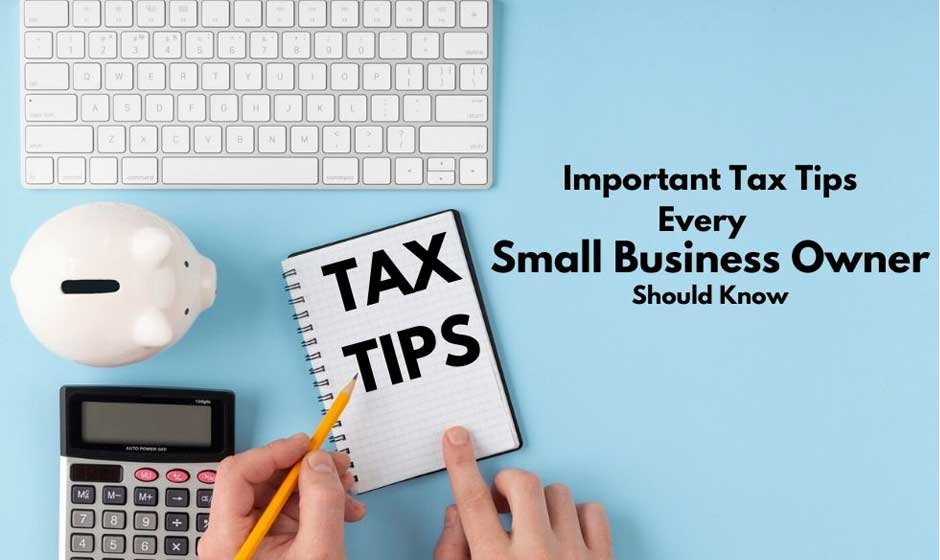Simple Tax Tips Every Sole Proprietor Should Know

Running your own business can feel a lot like riding a rollercoaster—thrilling highs, stomach-dropping lows, and the occasional loop you didn’t expect. And then, there’s tax season. Suddenly, all those receipts stuffed in drawers matter and the rules can seem confusing at best. But here’s the good news: being smart about your taxes doesn’t have to be overwhelming. A few simple habits can help you keep more of what you earn and avoid headaches with the IRS.
Keep Track as You Go
If you’re a sole proprietor, your business and personal finances are closely tied together. That’s great for flexibility, but it means you’re 100% on the hook for good recordkeeping. Don’t wait until April to scramble through a pile of mismatched papers. Instead, save receipts and log your expenses as they happen. Free or low-cost apps like Wave or QuickBooks Self-Employed make it easier than ever.
At a minimum, keep a separate bank account for your business. This makes it simple to spot deductions and keeps your numbers clear. The IRS has straightforward advice on recommended records so you know exactly what to save and for how long.
Know Your Deductions
One of the perks of being a sole proprietor is you can deduct many business expenses—if you know what counts. Think: office supplies, a dedicated workspace at home, professional memberships, travel for client meetings, and some business meals. Even your phone bill might qualify, if you use it for work.
Home office deductions are a big one. If you use a portion of your home exclusively for business, you might save more than you think. Just measure your space accurately and review the latest rules. NerdWallet breaks down home office deduction basics in simple terms.
Don’t forget to track mileage if you drive for business. Apps can help, or just keep a notebook in your glove compartment. Every mile adds up and puts money back in your pocket.
Quarterly Taxes: Don’t Let Them Sneak Up
A classic pitfall for sole proprietors is forgetting about quarterly estimated taxes. Instead of waiting until next April, you should usually pay taxes four times a year. The IRS wants their share as you earn it, and missing these dates can result in penalties.
Not sure how much to pay? Start by looking at what you made last year, then estimate your profit for this year. The Small Business Administration has a guide on calculating and paying quarterly taxes. If anything changes during the year—like a big jump or dip in business—adjust your payments so you’re not caught off guard.
Ask For Help When You Need It
No one expects you to be a tax expert overnight. If something feels confusing, reach out to a CPA or an enrolled agent who knows small businesses. A little advice now can help you avoid expensive mistakes (or missed opportunities) later.
Tax season doesn’t have to be a horror show. Tackle it in bite-sized pieces, stay organized, and leave room to celebrate those small wins—like filing early or finding an extra deduction you missed last year. With a few smart steps, you’ll have more time, less worry, and maybe even a bigger refund this spring.



